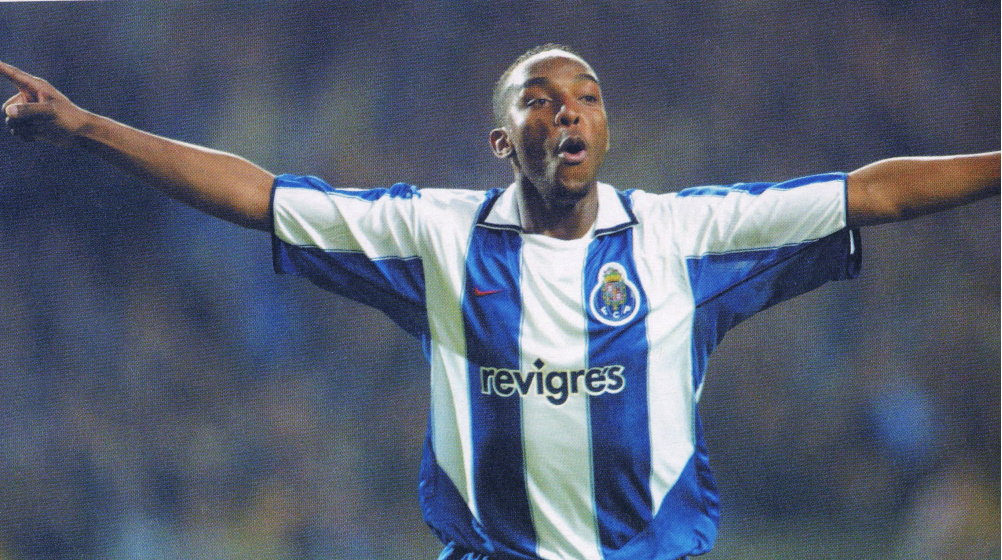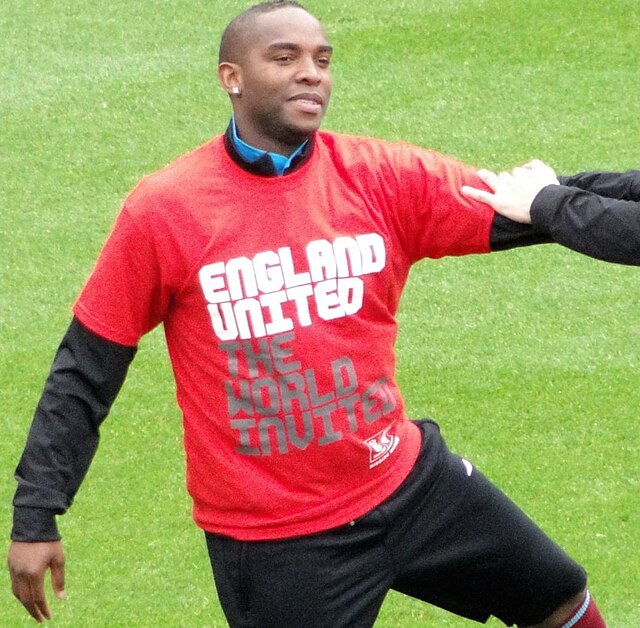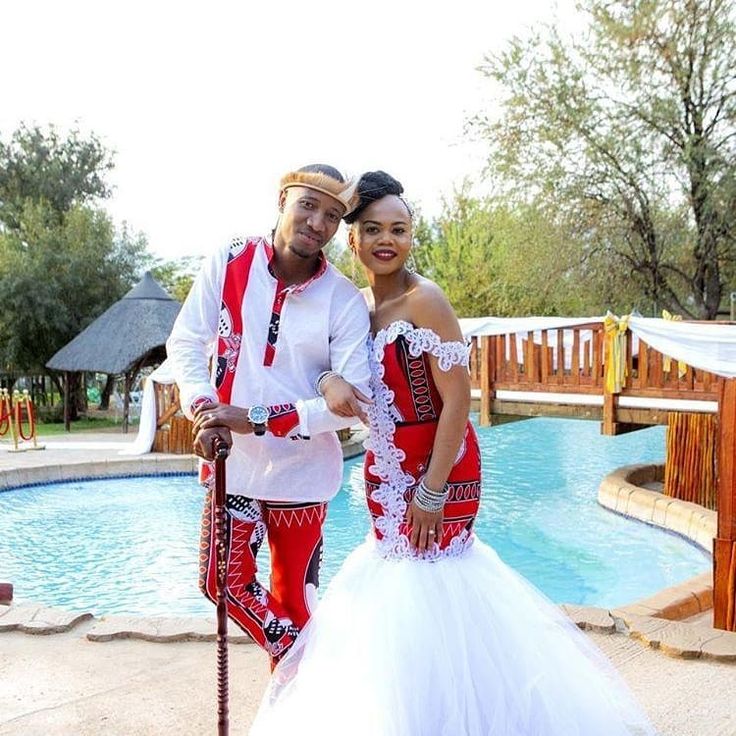South African Football: Hosting the 2010 World Cup, Celebrating Doctor Khumalo, and Honoring Benni McCarthy
South Africa was never considered a prominent team in the history of world football. The South African National Football Team, by virtue of the country’s role as hosts, was given a shot at stardom. However, this did not mean that the team did not deserve to compete in the world’s most anticipated sporting event. Their dauntless performances at the FIFA Confederations Cup last June did not go unnoticed. The team almost managed to send Brazil packing in the semi-finals and posed as a sizeable threat to Spain’s win in the third-place play-off. This went to show that the South African team had its fair share of talent and, when given the opportunity, could explode in the face of the opposition. The fans of the team peaked at the heights of optimism and believed that their team possessed what it took to put up a gallant fight for the Cup. The other participating teams were not willing to take the South Africans too lightly and were very well aware of their on-field capabilities.
South Africa’s biggest claim to fame was their maiden win at the CAF Africa Cup of Nations trophy in 1996. They defeated Tunisia at Soccer City in Johannesburg to lift the Cup. This feat was pulled off four years after their readmission to international football. More than a decade from then, the South Africans resurfaced at the same venue and attempted to achieve what seemed impossible.

| Players | Positions |
| Rowen Fernandez | Goalkeeper |
| Shu Aib Walters | Goalkeeper |
| Itumeleng Khune | Goalkeeper |
| Moeneeb Josephs | Goalkeeper |
| Aaron Mokoena | Defensive midfielder, Centre midfielder, Centre back (Captain) |
| Bryce Moon | Right winger, Right back |
| Tsepo Masilela | Left back / Left wingback |
| Bevan Fransman | Central defender/Defensive midfielder |
| Anele Ngcongca | Defender, Midfielder |
| Matthew Booth | Centre back |
| Siboniso Gaxa | Right back, Right wingback |
| Innocent Mdledle | Left back |
| Bongani Khumalo | Central defender |
| Siyabonga Sangweni | Central defender, Right back |
| Lucas Thwala | Winger, Attacking midfielder |
| Steven Pienaar | Midfielder |
| MacBeth Sibaya | Left winger, Right winger |
| Franklin Cale | Left winger, Right winger |
| Surprise Moriri | Attacking midfielder, Second striker |
| Kagisho Dikgacoi | Defensive midfielder, Central midfielder |
| Lance Davids | Defensive midfielder, Right back |
| Teko Modise | Winger |
| Andile Jali | Defensive midfielder, Central midfielder |
| Thanduyise Khuboni | Defensive midfielder |
| Reneilwe Letsholonyane | Central midfielder |
| Benni McCarthy | Winger |
| Bernard Parker | Forward, Midfielder |
| Katlego Mphela | Striker |
| Siyabonga Nomvethe | Striker, Attacking midfielder, Winger |
The South African national football team, also known as Bafana Bafana, hosted the 2010 FIFA World Cup, marking a historic moment not only for South African football but for the entire African continent. Here’s an exploration of the team and their journey during the tournament:
Team Preparation:
- As the host nation, South Africa automatically qualified for the 2010 FIFA World Cup. The team, led by coach Carlos Alberto Parreira, began preparations well in advance to ensure they were competitive and ready to represent their country on the world stage.
- Bafana Bafana participated in numerous friendly matches and training camps to fine-tune their tactics, build team cohesion, and familiarize themselves with the conditions they would encounter during the tournament.
Squad and Players:
- The South African squad for the 2010 World Cup featured a mix of experienced veterans and talented young players. Notable players included Steven Pienaar, Siphiwe Tshabalala, Kagisho Dikgacoi, Itumeleng Khune, and Katlego Mphela.
- Coach Parreira relied on a balanced lineup with a blend of attacking flair, midfield creativity, defensive solidity, and leadership qualities to navigate through the challenges of the tournament.
Group Stage Performance:
- South Africa was drawn into Group A alongside Mexico, Uruguay, and France. Their opening match against Mexico ended in a 1-1 draw, with Siphiwe Tshabalala scoring a memorable goal, which was the first of the tournament.
- Despite a valiant effort, South Africa failed to advance past the group stage, finishing third in their group behind Mexico and Uruguay. They drew 1-1 against Mexico, lost 3-0 to Uruguay, and held France to a goalless draw.
Legacy and Impact:
- While South Africa’s performance on the field did not result in progression to the knockout stages, the 2010 World Cup left a lasting legacy and had a profound impact on the nation. It showcased South Africa’s ability to host a major global event and brought people from diverse backgrounds together in celebration of football.
- The tournament boosted national pride, unity, and social cohesion, leaving a positive legacy for future generations. It also stimulated investment in infrastructure, tourism, and economic development, leaving a tangible impact on the country’s growth and development.
Conclusion:
- The 2010 FIFA World Cup was a historic moment for South African football and the nation as a whole. While Bafana Bafana’s journey in the tournament ended at the group stage, their participation as the host nation left a lasting legacy of unity, pride, and progress. The tournament showcased South Africa’s potential and resilience, leaving an indelible mark on the country’s sporting and cultural landscape.
Doctor Khumalo – The South Africa Football Legend and Icon
He has a SAFA Level 1, Level 2 and Level 3 coaching licences, an English Football Association licence which he got in 2005 and a UEFA B licence through the German Football Federation in 2007. He previously worked as head coach for the Kaizer Chiefs Under-17 team and together with Khuse. He was the assistant coach for Kaizer Chiefs.
Early Life and Career Beginnings:
- Doctor Khumalo’s passion for football blossomed at a young age, and he honed his skills playing in the streets of Soweto.
- He joined the Kaizer Chiefs Youth Academy, where he showcased exceptional talent and quickly rose through the ranks.

Playing Career:
- Position: Doctor Khumalo played as an attacking midfielder.
- Club Career: He spent the majority of his club career with Kaizer Chiefs, one of the most popular football clubs in South Africa. Khumalo is often associated with Kaizer Chiefs, where he became an iconic figure.
- Achievements: Khumalo achieved success with Kaizer Chiefs, winning numerous domestic trophies during his time with the club.
International Career:
- Caps: Doctor Khumalo represented the South African national team, earning numerous caps.
- 1996 Africa Cup of Nations: He was a key part of the South African squad that won the Africa Cup of Nations in 1996. This victory was significant as it marked South Africa’s success in the tournament shortly after the end of apartheid.

Post-Playing Career:
- Coaching: After retiring from professional football, Khumalo ventured into coaching.
- Contributions: He continued to contribute to South African football, both through coaching and various roles within the football community.
Recognition:
- Legend Status: Doctor Khumalo is considered a football legend in South Africa, celebrated for his skills on the field and his contributions to the sport.
National Team Success:
- Doctor Khumalo was a key figure for the South African national team, representing Bafana Bafana in the 1990s and early 2000s.
- He played a pivotal role in South Africa’s triumph in the 1996 Africa Cup of Nations (AFCON), scoring crucial goals and providing vital assists throughout the tournament.
- Khumalo’s performances on the international stage solidified his status as one of South Africa’s greatest footballers and earned him admiration and respect from fans and fellow players alike.
International Recognition:
- Doctor Khumalo’s talent and achievements were recognized beyond South Africa, and he gained international acclaim for his exceptional skills and contributions to the sport.
- He had brief stints playing abroad, including spells in Argentina with Ferro Carril Oeste and in the United States with the Columbus Crew.
Legacy and Impact:

- Beyond his accomplishments on the field, Doctor Khumalo is revered for his humility, professionalism, and dedication to the game.
- He has remained actively involved in football since retiring as a player, serving as a coach, mentor, and ambassador for the sport in South Africa.
- Khumalo’s influence extends beyond football, as he continues to inspire future generations of athletes through his charitable work, motivational speaking, and community initiatives
Khumalo made his film acting debut with the German/South African production Themba. He plays himself as the coach of the under 21s. The movie is about Themba, a young and ambitious football youth, who is faced with poverty, AIDS and violence, but eventually makes his way on to the South African national team. The film is based on a novel by Lutz van Dijk and premiered at the Berlinale 2010.
Benedict Saul McCarthy – one of South Africa’s greatest footballers.
Benedict Saul McCarthy (born 12 November 1977) is a South African football coach, former player and singer who is a first-team coach at Manchester United. He previously worked as head coach of South African Premier Division team AmaZulu.
A former forward, McCarthy is the South Africa national team‘s all-time top scorer with 31 goals. He is also the only South African to have won the UEFA Champions League, doing so with Porto in 2003–04.
Playing Career:
- Benni McCarthy was born on November 12, 1977, in Cape Town, South Africa.
- He had a successful playing career as a striker and is considered one of South Africa’s greatest footballers.
- McCarthy played for several clubs during his career, including Ajax Amsterdam, FC Porto, Blackburn Rovers, and Orlando Pirates.
FC Porto and European Success:

- McCarthy’s breakthrough came when he joined Portuguese giants FC Porto in 1997. Under the guidance of coach Bobby Robson and later Jose Mourinho, he flourished, becoming one of the most feared strikers in Europe.
- During his time at Porto, McCarthy enjoyed unprecedented success, winning multiple Primeira Liga titles, the UEFA Champions League, and the Intercontinental Cup. He also clinched the prestigious UEFA Club Forward of the Year award in 2003.
Club Career After Porto:
- Following his successful stint at Porto, McCarthy went on to enjoy spells at various top clubs across Europe, including Celta Vigo in Spain, Blackburn Rovers and West Ham United in the English Premier League, and Orlando Pirates in South Africa.
- He continued to showcase his goal-scoring prowess, cementing his reputation as one of the most lethal strikers of his generation.
International Career:
- He represented the South African national team, Bafana Bafana, earning numerous caps and being the team’s all-time leading goal-scorer.

Achievements:
- McCarthy achieved significant success with FC Porto, winning the UEFA Champions League in the 2003-2004 season.
- He won several individual awards throughout his career, recognizing his goal-scoring prowess.
Post-Retirement Career:
- Since retiring from professional football, McCarthy has transitioned into coaching, with notable roles at Cape Town City FC and AmaZulu FC in the South African Premier Soccer League (PSL).
- He continues to inspire and mentor young talents, passing on his wealth of knowledge and experience to the next generation of footballers.
Coaching Career:
- After retiring as a player, Benni McCarthy transitioned into coaching.
- He became the head coach of Cape Town City FC, a South African football club.

Recognition:
- McCarthy’s achievements as a player and coach have contributed to his status as a respected figure in South African football.
Conclusion:
- Benni McCarthy’s journey from the streets of Cape Town to the summit of European football is a testament to his talent, determination, and resilience. He remains a national icon and an enduring symbol of South Africa’s rich footballing heritage.
Read More South African Football Icons: Lucas Radebe, Neil Tovey, and Ronwen Williams
Add a Comment
You must be logged in to post a comment.

